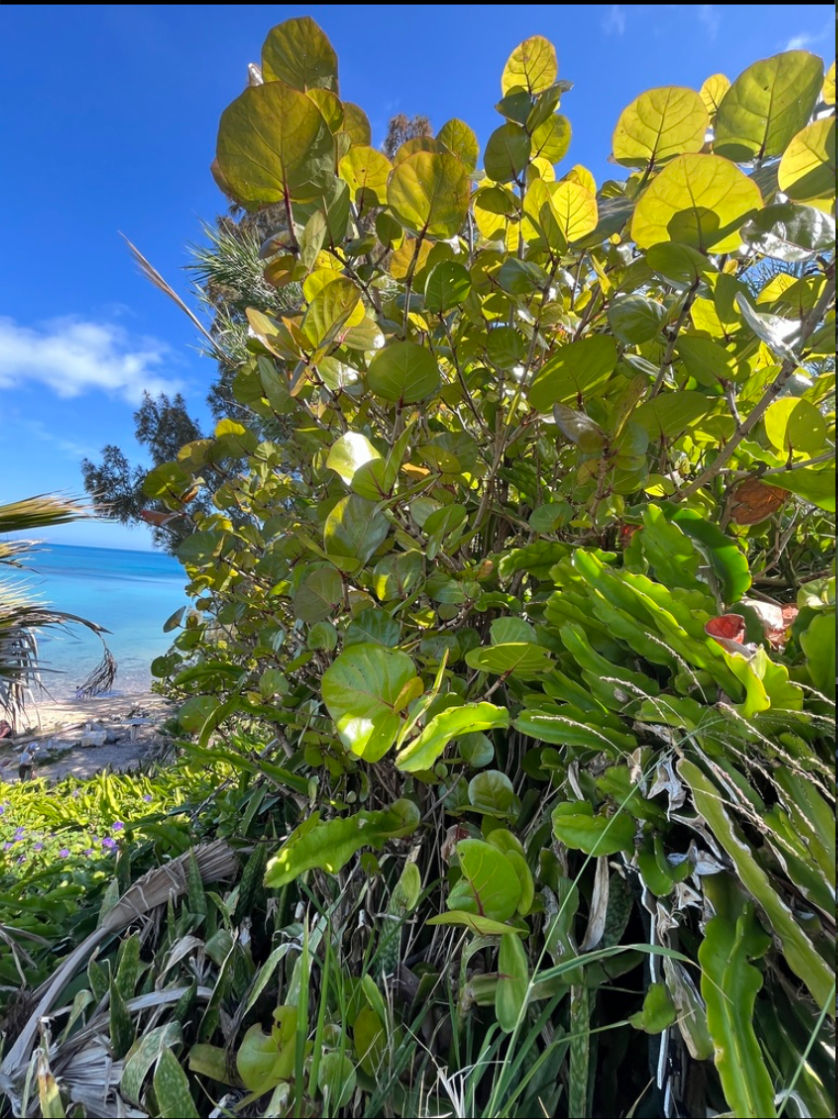•Status in Florida: Native
•Size at Maturity: Typically grows 3 to 6 feet tall and wide.
•Phenology: Perennial herb with compound leaves and clusters of yellow flowers in summer.
•Life Cycle: Perennial
•Bloom Season: Summer
•Deciduous, Dioecious, Evergreen: Deciduous
•Sunlight Requirements: Full sun to partial shade
•Soil Texture: Well-drained sandy or loamy soils
•Soil pH: Tolerant of a wide range, but prefers slightly acidic to neutral (pH 6.0-7.0)
•Moisture Requirements: Prefers moderately moist soil, but can tolerate drought once established
•Tolerance to Salt Spray: Low tolerance
•Recommended Landscape Uses: Butterfly gardens, native plant gardens, pollinator gardens, naturalized areas
•Maintenance Tips: Low maintenance; prune as needed to maintain shape and remove dead or damaged foliage
•Considerations: Maryland Senna may self-seed and spread in favorable conditions, but it is not typically invasive.
•Deer and/or Rabbit Resistance: Moderately resistant; typically not preferred by deer or rabbits
•Edible: Not typically consumed
•Medicinal Uses: Traditionally used in folk medicine for its laxative properties, but use caution as excessive consumption may cause gastrointestinal upset.
•Toxicity to Pets: Not known to be toxic to pets, but ingestion of large quantities of plant material may cause gastrointestinal upset.
•Florida Native Companion Plant: Beautyberry (Callicarpa americana), Black-eyed Susan (Rudbeckia hirta)
•Wildlife Benefit: Attracts pollinators such as bees and butterflies; provides habitat and food for various insects
•Caterpillar Host Plant: Maryland Senna is a host plant for the caterpillars of various butterfly species, including the Cloudless Sulphur (Phoebis sennae) and Sleepy Orange (Abaeis nicippe).
top of page
Amelia's Native Wildflowers, LLC | Nassau County's Native Plant Nursery
Free Shipping on orders over $85 | COUPON CODE: WREATHS |
$30.00Price
Sales Tax Included |
Customers Also View
Your content has been submitted
Your content has been submitted
Your content has been submitted
Your content has been submitted
bottom of page































